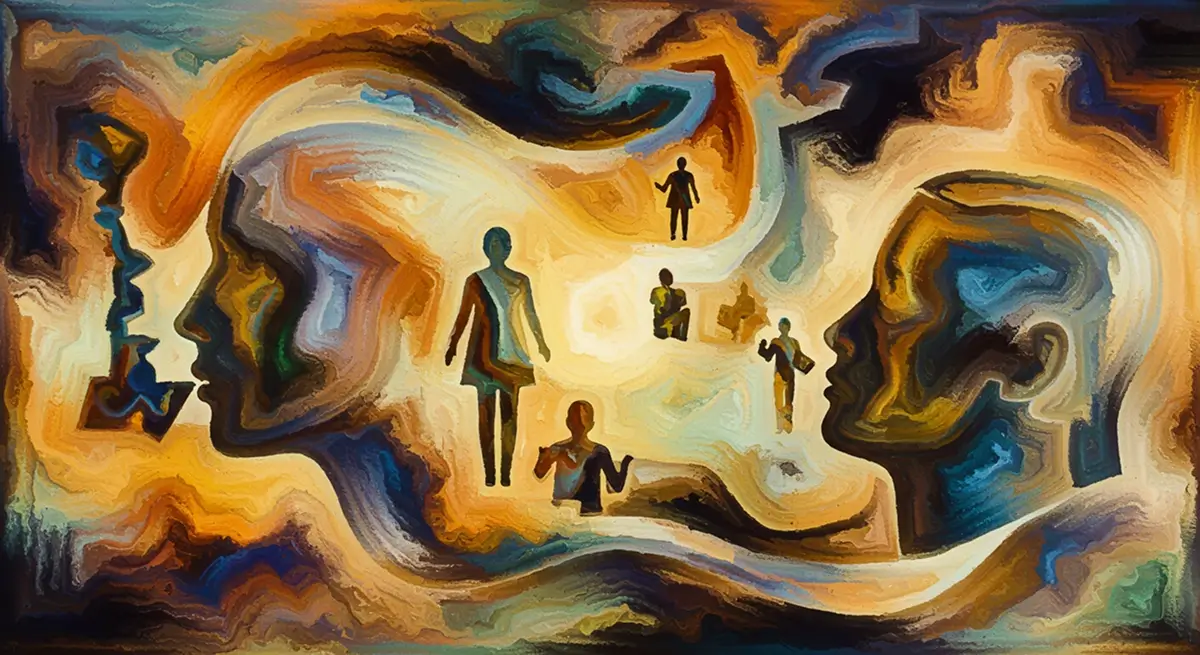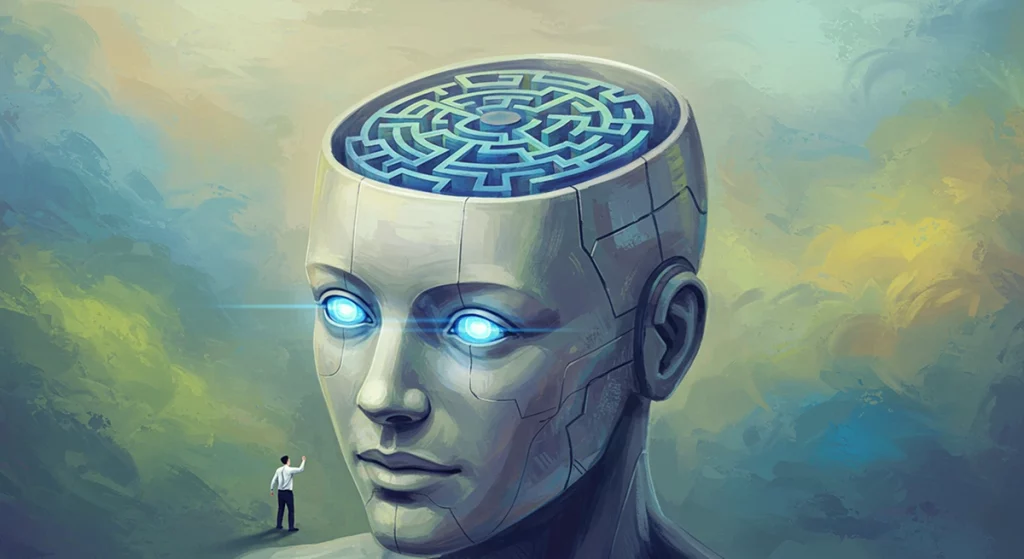Most people have a general understanding of the functions of human resources. However, few people understand individual roles and the finer details of daily functions within the department. The role that the HR department plays in a company is that of management. All other departments are coordinated by human resources professionals, and business units cannot function efficiently without the input of an HR department.

What is the Human Resources Department?
Generally speaking, the human resources department is the department in a corporation that is responsible for employee relations. One of the main responsibilities of HR is the recruitment and onboarding of new employees. Following the hiring process, training programs are made available. The human resource department is also responsible for employee engagement and development throughout the company.
How Important are HR Responsibilities in Businesses?
Human resources are key contributors to the organizational culture. In addition to recruitment, they also ensure that training and development are provided, performance management takes place, payroll processing is done on time, and that the entire organization is following local laws and adhering to all regulations. The ultimate goal of HR professionals is to ensure an easy and productive organizational process. Without the HR department, productivity and employee engagement would suffer significantly.
Key Responsibilities of HR Departments
Here we will explore specific responsibilities of HR in more detail. Each responsibility is important for the overall functions of the business and is usually required in a company regardless of its size. These responsibilities are commonly divided up between members of the team depending on their specific roles, however, each all employees in the HR field must have some knowledge and understanding of each responsibility.

Legal Knowledge
Any HR professional is expected to know employment laws well as they play into all daily HR duties. It is also HR’s job to make sure that the rest of the business is following these laws. If there are transgressions, HR managers need to know how to address these and educate employees accordingly.
Employment Relations
HR professionals should ideally know the people that are on staff. A lot of the daily roles and responsibilities related to human resources departments revolve around engagement with employees and managing conduct in the workplace.
Employee Engagement
Employee welfare depends largely on systems and cultures put in place by human resources. Professional development for all internal career paths also forms part of the traditional HR responsibilities in a company.
External Employee Problem Solving
The HR department also takes on the responsibility of creating smoother internal functioning. In modern times this often involves new challenges with the work-from-home culture that is present in many companies.
Investigating Internal Complaints
Wherever there are different people working together, some degree of conflict can be expected. A significant part of HR’s responsibility is to manage these conflicts in a mutually respectful way that honors employees but also adheres to company regulations.
Human Resource Technology Management
In modern times many HR duties are connected to human resources-specific technology. There is a long list of software that an HR professional uses to conduct some of their daily responsibilities and administrative tasks. Many things, like leave management, have become automated through technology, which opens up time for those in HR roles to focus on other things like performance appraisal, which requires more attention and time.
Managing Business Partnerships
The manager of the HR department is responsible for representing the business in all public forums. They also engage heavily in business partnerships, both the maintenance of existing partnerships and the forging of new ones.
Conducting Survey Management
HR plays an essential role in collecting and managing surveys related to employee experience and welfare. These are useful because they can provide insight into areas that require improvement.
Sharing Information with Employees
HR departments are responsible for communicating changes to company policy with all employees, along with any other substantial changes to the corporation that impact employees or the business as a whole. This department is also responsible for auditing all policies and making changes where needed. Open communication usually results in better employee wellness.
Setting Rules for Employee Promotion
The responsibilities of HR include setting parameters related to promotions. It is important that these parameters are fair and take into account what is possible within the organization – that they be attainable. The hiring manager from the HR department would then also be involved in the interview process for internal promotion or new hires, depending on the specific organizational needs at the time.
Disbursing Rewards and Incentives
The distribution of incentives and rewards is also a sensitive and important task that HR undertakes within a business. This ties in closely with the responsibility of monitoring performance.

Keeping Good Health and Safety of Employees
As far as the roles and responsibilities of HR go, taking care of the well-being of employees is arguably the most profitable. This is simply because healthy and happy employees are more productive, even in a highly stressful environment, if they feel supported by the company.
Maintaining Work Culture
The company’s culture is one of the most important elements of company success in most cases. This ties in with taking care of the welfare of employees, as a healthy work culture can be a protective factor in stressful times. Where a healthy work culture is in place, it is not uncommon for staff members to be more productive than where a poor work culture can be found.
Monitoring Employee Performance
Managing the performance of employees forms part of the roles and responsibilities of business HR as well. Keeping an eye on performance issues and stepping in to manage situations sooner rather than later leads to ensure greater business success.
Conducting Job Analysis and Designing
The HR manager is responsible for designing positions based on the needs of each department. They write the job description for each job and then advertise and oversee hiring based on that job description. In order to prepare an accurate and comprehensive description, a job analysis is often required, which is also undertaken by the HRM.
Arranging Training and Development of New Employees
As we have touched on earlier in the article. HR takes care of all development and training needs that apply to new employees.
Maintaining Employee Records
Record keeping is essential in any business, and part of the records that need to be kept, and should be confidential, are employee records. The HR team is in charge of keeping these records according to regulations, including personal details of all employees and past employees.
Conduct Disciplinary Actions
This is one of the less palatable responsibilities of an HR team. Where disciplinary actions are required, the HR manager or someone else appointed in the human resource team needs to conduct these within the bounds of company regulations and guidelines.
Processing Company Payroll
The human resources team takes on the responsibility of processing the payroll of the company while the HR executive calculates bonuses and other incentives.
Hiring the Right Employees for the Right Jobs
Placing the right employee in the right job is essential to optimize productivity within a business. Sourcing and selecting suitable candidates is part of what the human resources department is responsible for. These HR responsibilities cover the entire company, and especially in recent years, the emphasis on finding the right candidate for a job has increased.

Job Descriptions and Designations in Human Resources
There are many different positions within a human resource management team, and individual roles involve different responsibilities. We have compiled some short examples of basic job descriptions for different positions in HR.
Vice President of HR
The Vice President of HR understands that the workforce is key. New candidates for this role should have a deep understanding of trends within the industry and needs to be able to transfer their knowledge and understanding to your company.
They work closely with technical teams to implement software specific to human resources needs so that the efficiency of the department can be improved. They are also responsible for structuring benefits programs to improve employee retention and performance.
Key Responsibilities
- The VP ensures adherence to legal standards and internal policies.
- They implement and monitor HR processes.
- They plan health and safety programs, payroll processes, and employee benefits.
- They provide concise and inclusive reports for executives.
Chief Diversity Officer
This is not a position that is universal and might only be applicable in certain countries or companies. A chief diversity officer would need to improve the brand of the organization through ensuring effective diversity changes are in place.
They support and guide recruitment teams through brand creation based on diversity and ridding a company of biases that are harmful. They conduct continual research on issues related to diversity and implement programs to combat these where needed.
Key responsibilities:
- They have a keen awareness and understanding of cultural issues.
- They possess strong interpersonal and communication skills.
- They are responsible for the development and implementation of training sessions.
Key background and experience
Preferable qualifications may include a BSc in Business, or a BA in Business, HR, or social sciences. An MSc/MA/MBA may be even more beneficial.
Head of Compensation and Benefits
This person needs to have excellent problem-solving skills, be an effective people manager, a strategic thinker, and have strong leadership skills.
They are responsible for hiring HR executives and monitoring their performance. HR plans and policies are developed by this person, and they work closely with management to create the mission and vision of the business where necessary.
Key Responsibilities
- They prepare and disseminate reports to the CEO.
- They establish how effective HR policies and operations are.
- They make sure that all policies and procedures that are in place comply with best practices and legal regulations.
- They rewrite procedures to maximize efficiency.
- They take on the responsibility for employee relations.
Key background and experience
Preferable qualifications are an MSc/MA/MBA or a BSc in business, a BA in social sciences, HR, or business.
Recruitment Coordinator
This individual is responsible for the entire process of sourcing, evaluating, and onboarding candidates. They need to work closely with managers to establish job requirements, and then design and implement the overall recruitment process.

Key Responsibilities
- They would attend job fairs to engage with possible candidates and network with other companies.
- They need to stay informed of current recruitment trends.
- They keep detailed records of new hires and interviews of candidates who were not hired.
- They contact new employees for the purpose of onboarding.
Key background and experience
Qualifications in Organizational Psychology or Human Resources Management are advantageous for this role.
People Data Analyst
The job description of this person involves the management of Human Resource Analytics. They help to stamp out the future of HR through analyzing data that was gathered from performance appraisals of all employees. Therefore, they also track employee performance and build up records of all employees.
Key Responsibilities
- They ensure that senior HR leadership receives input about data.
- They interpret and report on data sets.
- They help to define the analytics strategy of the business.
Key background and experience
A strong statistical background is advantageous, and prior experience in keeping employee records on a large-scale is preferred.
Business Partner HR
This person forms the link between HR management and business management. Their main responsibility is to craft and improve the business’s reputation.
Key Responsibilities
- They provide assistance to the local authority that is actively working in the market.
- They are responsible for the management of all HR business operations.
- They are also responsible for local growth of the business.
Key background and experience
A good understanding of management principles is required, along with prior experience in a large organization.
HR Coordinators
This person coordinates with the internal HR department and facilitates any HR functions. They assist with the evaluation of employee engagement, as well as recruitment processes. They help to keep employee records up to date and help with delegation of tasks. This is also usually the person who answers questions from employees.
Key Responsibilities
- They provide reports to senior managers.
- They manage the calendar of the HR team.
- They ensure that employee benefits administration is done accurately and that benefits are paid out correctly.
- They conduct analysis on training needs and then implement programs to address these.
Key background and experience
A Master of Arts in Business Administration or another relevant field is required, while additional training in human resource management is advantageous.
HR Manager
This person reports to the HR director and takes care of the everyday functioning of human resource management in the company. They also create the HR team.
Key Responsibilities
- These HR professionals look after the wellness of employees.
- They enable and execute HR strategies.
- They also guide the HR team.
Key background and experience
Education and experience in human resource management are essential.
HR Director
This person implements decisions made by the Chief Human Resources Officer and manages the everyday functions of the HR department. They ensure that requirements are met, strategies are implemented, and continued coordination with the CHRO is maintained.
Key Responsibilities
- They execute plans for the CHRO.
- They preside over recruitment and compensation plans.
- They oversee all HR operations.
Key background and experience
An extensive background in HRM is required as well as experience at an administrative level.
CHRO
This person is at the very top of the HR department. They coordinate all functions and take on the responsibility of executive decision-making related to the department. They lead the HR team and ensure that employees are supported. They are also responsible for the core HR system within an organization.
Key Responsibilities
- The CHRO oversees all of the recruitment and onboarding practices undertaken by the department.
- They oversee compliance and training procedures.
- They also ensure that employees are supported for the purpose of career growth
Key background and experience
A CHRO needs to have experience in HR management and a strong background in Human Resources as a whole.

How do HR responsibilities help support employees?
In essence, the human resource department is best equipped to support employees throughout their tenure at a business. Through communication, training, and adherence to regulations, employees can find security and fairness in their work environments. Where problems arise, transparency and fair engagement serves much the same purpose. Ensuring that employees feel heard and feel like they can approach the HR department with their concerns and complaints without having their positions or work culture compromised is highly valuable in a business.
Supporting Health and Wellness
The HR department is responsible for maintaining the well-being and health of staff members. Measures need to be in place that cater to the needs of each employee as far as possible.
Training and Supporting Managers
The HR department also ensures that development programs and employee training measures are readily available where needed.
Offering Continual Education Opportunities
Many employees get to a point where they want to continue with their education within their existing fields or in another field so that they may broaden their horizons. It is important for the organization that employees learn new skills often, so that the overall skillset of the organization can continue to grow.
Providing Career Growth
In helping an employee learn, the HR department supports career growth so that talent remains with the organization and employees become more confident in their roles and their potential within the company.










